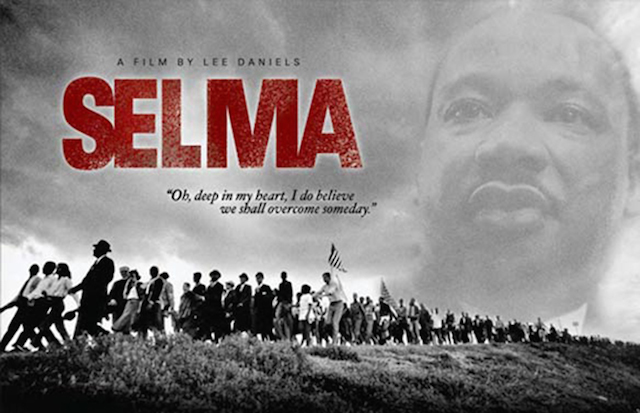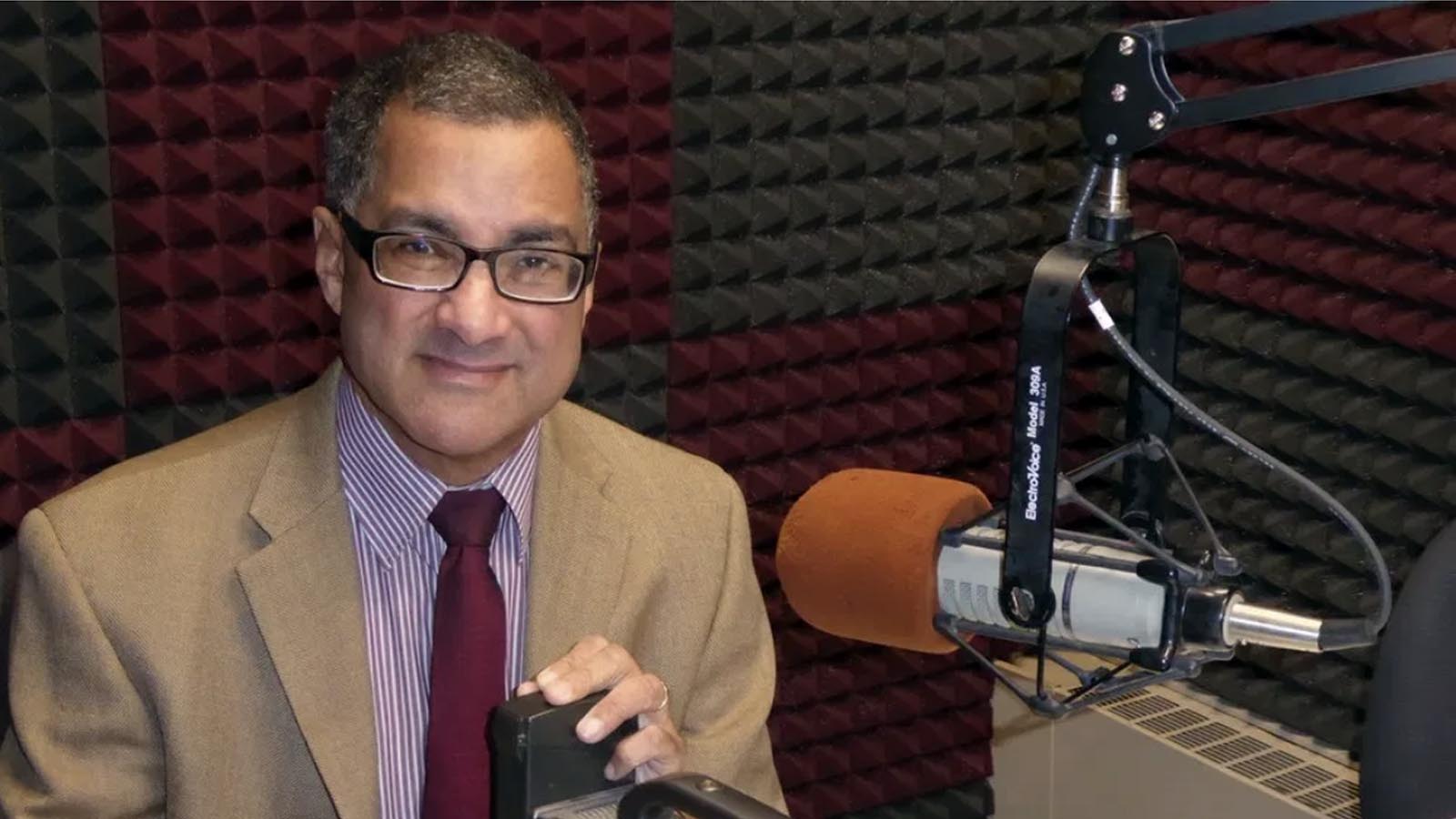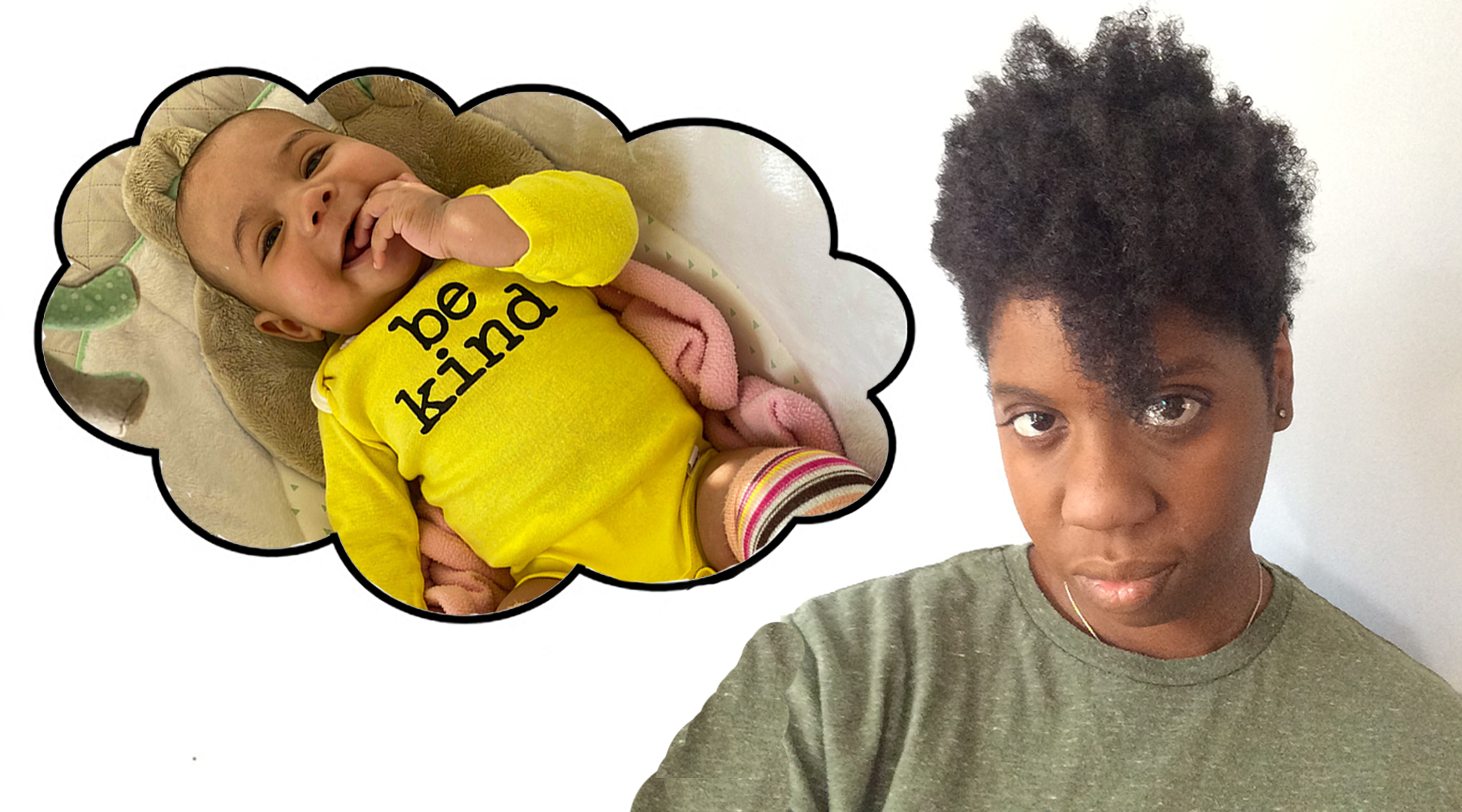This year, we are reading the Torah portion Vaera on the Shabbat of Martin Luther King Jr. Day weekend. The timing is poetic, as Vaera is about our moral obligation as Jews to never give up to free ourselves and others from oppression.
Here is MyJewishLearning’s summary of the parsha: “God tells Moses and Aaron to go to Pharaoh to demand freedom for the Israelites. Pharaoh refuses, and God unleashes plagues on the Egyptians. Pharaoh promises to free the Israelites, but God hardens Pharaoh’s heart, so he continuously goes back on his word. The portion ends with the plague of hail stopping and Pharaoh changing his mind once again.”
While Pharaoh eventually concedes and frees the Israelites, Moses had doubts about his ability to succeed. As we read, “Moses appealed to the LORD, saying, “The Israelites would not listen to me; how then should Pharaoh heed me, a man of impeded speech!” (Exodus 6:12) Despite his doubts, he went forward and did God’s work, freeing his people from despair and oppression. Moses never gave up. Even though he was timid at first, he made the decision to make a difference. In this parsha alone, he went to Pharaoh five times to ask him to free his people. That is how transformational change is made. One person deciding that they will act to make a difference, followed by another, and another.
The story of the Exodus is truly inspiring, and King referenced it in many of his sermons. In “The Death of Evil Upon the Seashore,” he said, “Let us remember that as we struggle against Egypt, we must have love, compassion and understanding goodwill for those against whom we struggle, helping them to realize that as we seek to defeat the evils of Egypt we are not seeking to defeat them but to help them, as well as ourselves.”
Nearly 60 years after King delivered that speech, we are still struggling against “Egypt,” which I interpret to mean a place where racism and injustice go unchecked. As part of that struggle, we need to look within our own Jewish community and empower ethnically and racially diverse Jews to show us the way forward.
It’s important to note that Moses and Aaron did not manage to free the Israelites all by themselves, just as Martin Luther King Jr. did not overturn Jim Crow by himself. But they heeded the call for change. Change is made by one person deciding that they will act to make a difference, followed by another, and another.
This MLK Day, I urge you to think about ways you can do things differently in your own life. Here are some suggestions:
- Take the time to learn about racism and microaggressions. When you meet someone who you believe to be a Jew of Color, smile and thoughtfully introduce yourself (meaning, don’t ask invasive questions). Then introduce them to others.
- Invite Jews of Color to leadership and programming meetings to ensure you are getting a diverse range of perspectives when making strategic decisions.
- Seek out educational programming, like Be’chol Lashon’s Passport to Peoplehood, about Jews in all parts of the world.
- Make sure that your day schools and synagogues have diverse books that show pictures and tell stories of all Jews.
While Martin Luther King Jr. Day is very much about the great civil rights leader, it’s also about Moses and Aaron and the many leaders who came before and after, people who decided they would act to make a difference.
How will you make a difference? How will you heed the call for change?






